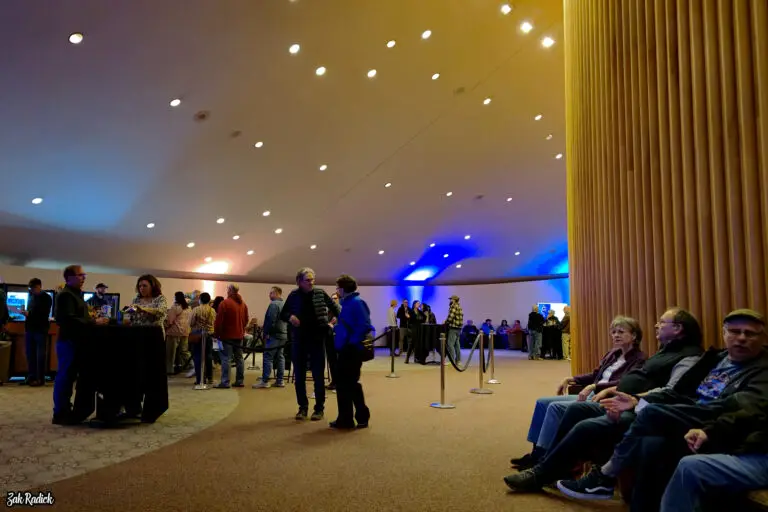On the heels of the announced closing of Larkin Hifi, and vocal criticism of the policy, the Albany Common Council on Monday night overhauled the city’s cabaret license process.
The Prohibition Era cabaret licenses were typically used to target black owned and frequented businesses. The relic of the past – which banned dancing in particular – was repealed in New York City in 2017, but Albany’s cabaret license has been met with scorn since inception in 2012.
The agreed upon changes to the citywide cabaret license law (which is now referred to as an accessory entertainment permit) makes many changes to streamline the process of obtaining the license and maintain a modicum of stability among businesses featuring live music and other entertainment.
Among the changes approved this week are the extension of licenses from one to three years, public comment periods in favor of the current public hearings, requires only advance approval from two departments (instead of five), and a firm deadline for licenses to be issued – ensuring that temporary licenses of 30 and 60 days are made available if the deadline is not met. Additionally, the new accessory entertainment permit will exempt non-profits and small businesses, and notably, allow transfer of licenses when businesses are sold.

Previously, five departments needed to sign off – including the police and fire departments, all Common Council members, the local Business Improvement District and any neighborhood association active in the ward where the venue is located. This effort would need to be abandoned if any one of these did not sign off, let alone an open-ended time limit keeping the process from moving smoothly.
All this, before an establishment could have amplified sound, whether live music, karaoke or a DJ.
Additionally, the cabaret license was required for a business serving food or drink to host entertainment, loosely defined as “dancing, a disc jockey, karaoke machine, or live music that is amplified and/or performed by three people.”
The new accessory entertainment permit passed by a vote of 8-2, with three council members voting present.
Mayor Kathy Sheehan has said she will sign the ordinance.
→ Continue reading at NYS Music
